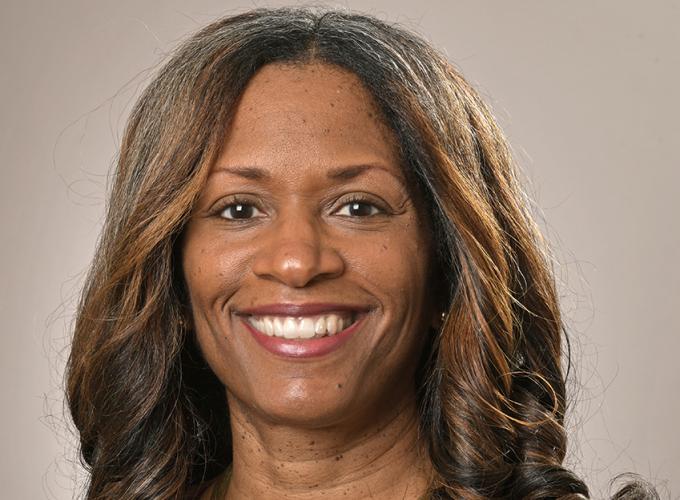With economic uncertainty and layoffs in a number of sectors, many people want to know how much cash they should have on hand. While a general rule of thumb is to have enough cash to cover expenses for about six months, accounting and finance expert Dr. S. Cathy McCrary says a number of factors can impact the amount of cash that one should have available.
McCrary, an accounting professor at Georgia Gwinnett College, said an emergency fund of three- to six- months’ worth of expenses might work well in a two-income household where the wage earners work in diversified industries.
“For example, if one is employed in the tech industry, while the other works in healthcare, then there may be less of a chance for both wage earners to be out of work at the same time,” McCrary explained. “However, if both work in tech, layoffs at one tech company might signal imminent layoffs for other tech firms.”
For single wage earners, McCrary recommends an emergency cushion of eight months’ worth of expenses. Those who work in commission-based jobs may want to plan on an emergency fund that covers eight to 12 months’ worth of expenses.
Along with single-wage earners, McCrary said it makes sense to bolster your emergency fund in the following situations:
- an expected birth or adoption
- a chronically or terminally ill family member
- a moderate to high level of debt (from title loans, payday loans, credit cards, auto loans, personal loans, student loans, mortgages, home equity lines of credit, etc.)
- an impending economic recession, uncertain job outlook, high interest rates, etc.
For workers nearing retirement, McCrary said the percentage of cash in their retirement nest eggs should gradually increase to protect it from market volatility.
“Once workers transition to full retirement when a regular paycheck is no longer coming in, their retirement savings balance must be protected by increasing the percentage that is held in cash, instead of securities, she said. “Thus, it might be helpful to keep their emergency fund separate from overall cash savings.”
Dr. S. Cathy McCrary is a certified public accountant with experience in the private and public sectors. McCrary joined Georgia Gwinnett College in 2017 as an assistant professor of accounting. Her academic research on financial reporting and the scholarship of teaching and learning has been published in journals included on the Australian Business Deans Council Journal Quality List. She is a member of the Georgia Society of CPAs, the American Accounting Association, NABA, Inc. and serves as faculty advisor to the Georgia Gwinnett College student chapter of NABA, Inc. McCrary is currently completing her term as president of the Georgia Association of Accounting Educators.

